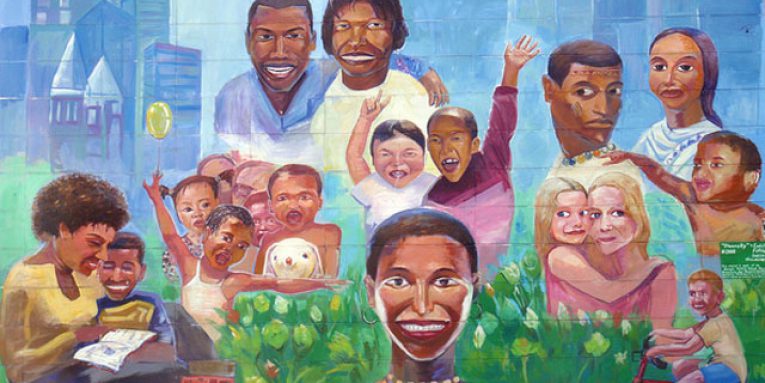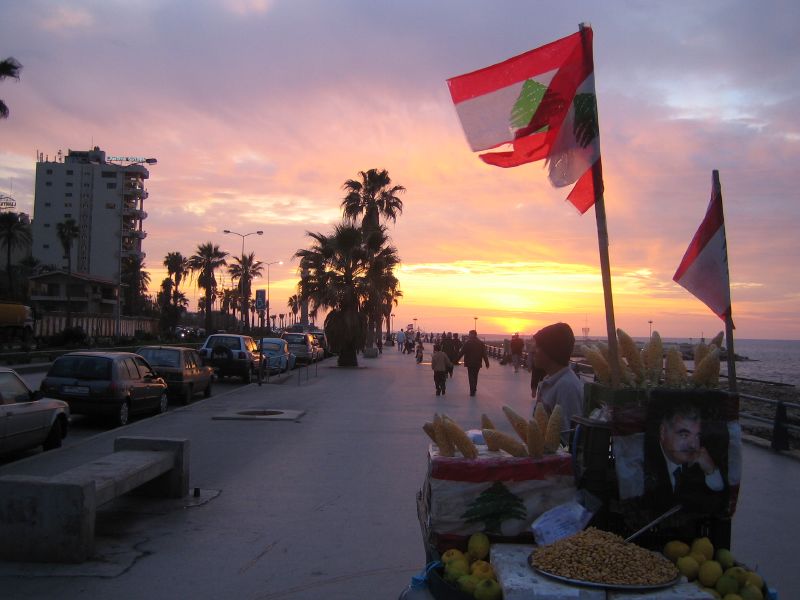This May 15th is the International Day of Families. So what’s this all about – and what do families, human rights and gender justice have to do with one another?
Established principles of international human rights law uphold the rights of all individuals within families to be free of coercion, violence and discrimination; free to found families on an equal basis; and free to become a part of diverse forms of families around the world.
Yet today we stand witness to ongoing violations of these intrinsic rights across regions – including intimate partner violence and child abuse, harmful practices, stigmatization, and unequal family laws – and the failure of states to ensure these rights and to hold perpetrators accountable.
And at the same time, conservative actors are leading the charge at the United Nations and other human rights spaces to undermine and chip away at our rights protections themselves. Ironically, many of these actors use emerging discourses around ‘the family’ to defend violations committed against family members, to bolster and justify impunity, and to restrict equal rights within and to family life.
Today, join the Observatory on the Universality of Rights (OURs) in calling for our universal human rights: equality within families and respect for the human rights of all family members worldwide, without discrimination. Human rights are indivisible, universal, interdependent, and inalienable to every person in the world.
OURs aims to monitor, analyze, and share information on anti-rights initiatives threatening our human rights systems. We hope to strengthen the work of activists facing direct challenges to rights, especially rights related to gender and sexuality.
This International Day of Families, OURs highlights a selection of relevant resources. Please share these with your networks, let us know of your key resources, and tweet using the hashtags #RightsAreUniversal and #FamilyDay
Families are diverse
Counter to the claims of anti-rights actors, as the human rights framework has recognized time and time again, families are diverse and take many different forms around the world.
Conservative discourses undermining rights
We are increasingly seeing the spread of a conservative discourse in human rights spaces which seeks to employ the term “family” strategically – to reserve human rights for the few instead of for all, to promote inequality and to weaken our existing human rights protections.
Regressive actors are collaborating across borders and religions to attack human rights standards with appeals to a narrow and discriminatory conception of ‘the family’ and ‘family values,’ including the recent “Protection of the Family” resolutions at the United Nations.
Equality in family laws
From country to country, personal status or family laws discriminate against women and are employed to restrict their rights to family life and other fundamental freedoms.
Not only do these laws continue to grant unequal rights to custody; provide cover for coercion, abuse and sexual violence; and delimit women’s access to money – states continue to attempt to back out of their human rights commitments to change these laws and challenge discriminatory gender stereotypes by reference to national sovereignty, tradition, religion and culture.
Resources
Diversity of families
Conservative discourses
Family laws


